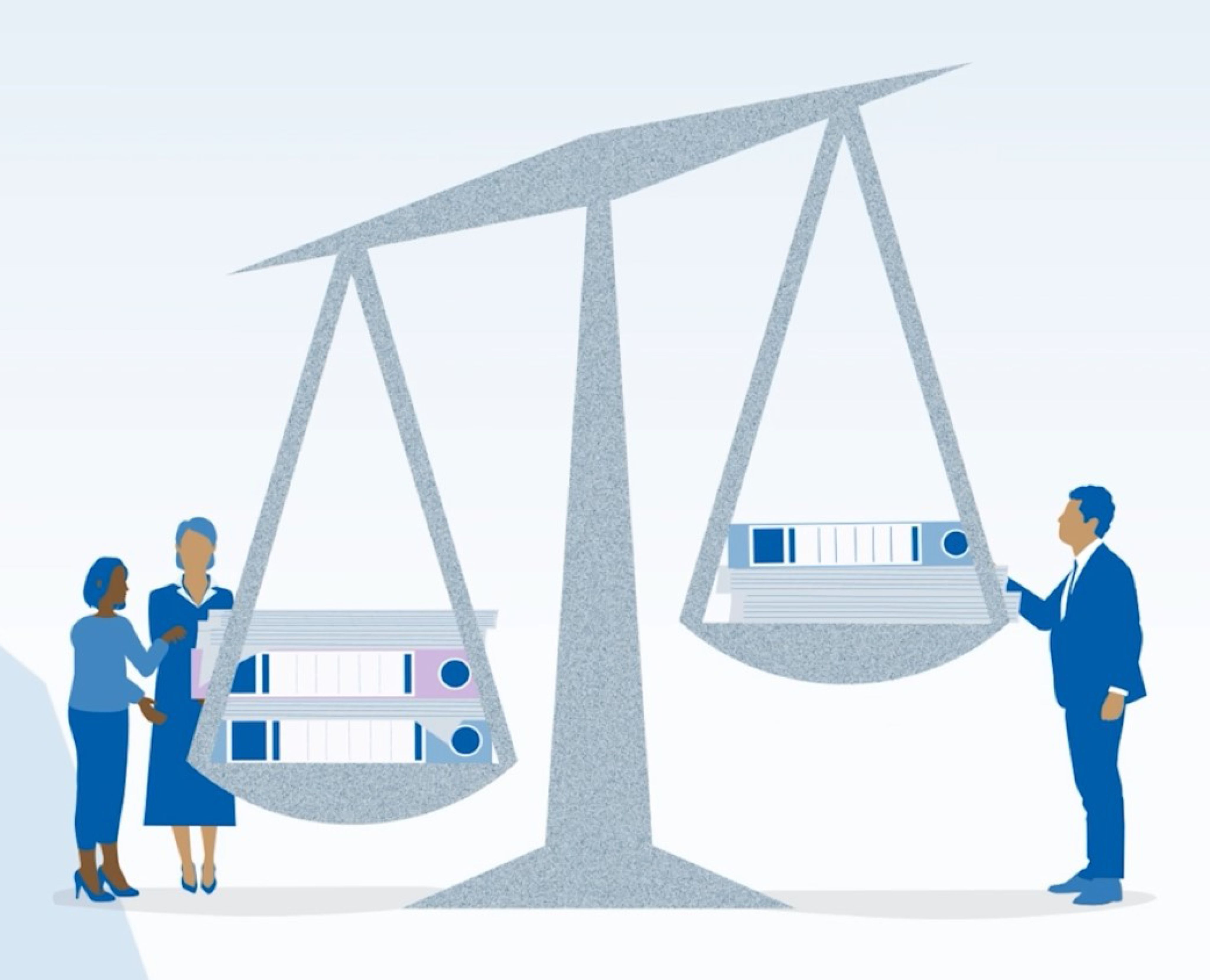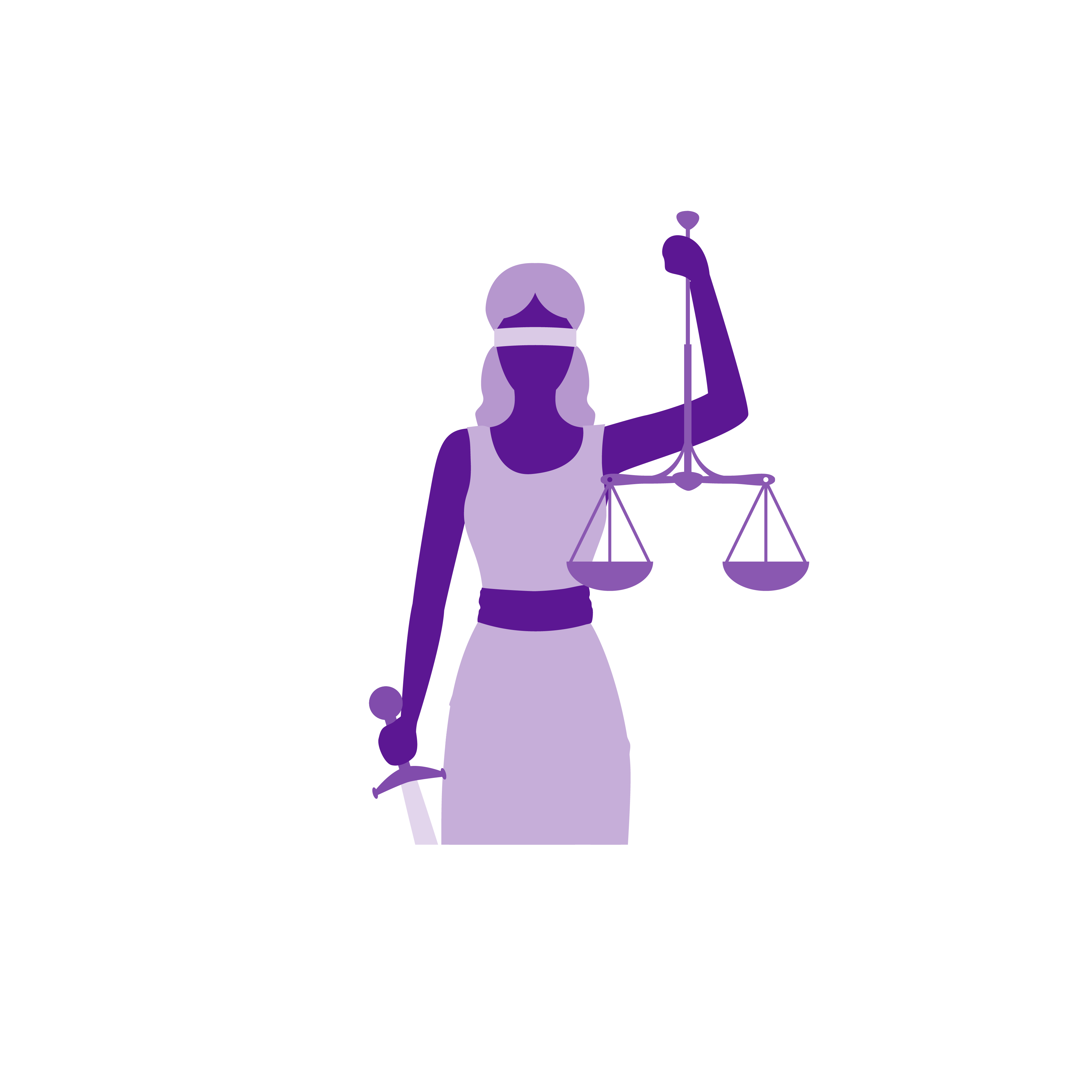How we make our decisions

When a crime is reported, the police (or another investigative body) will investigate the crime.
Once they've completed their investigation and are ready to refer the case to the CPS, they will send us a file containing the evidence they've gathered.
A CPS lawyer will then review all the information and decide whether we can bring a prosecution. At the CPS, it's our job to make sure that the right person is prosecuted for the right offence.
We make this decision by applying our two stage legal test - which is set out in our Code for Crown Prosecutors. We make all our prosecution decisions based on this test no matter how serious or sensitive the case is.

Stage one
The evidence
First of all, our prosecutor asks 'is there enough evidence against the suspect to provide a realistic prospect of conviction?'

This means asking whether a court is more likely than not to find the defendant guilty when it's heard all the evidence.
To answer this question the prosecutor must consider whether the evidence is reliable, credible and whether there is anything that might undermine the case against the defendant.
This test is different to the test the court applies at trial. When a case gets to trial the jury must be sure that a defendant is guilty in order to convict them. At the CPS we don’t need to be sure that someone is guilty to take the case forward – in fact we don’t make any judgement on whether someone is guilty or not.
What if a case doesn't meet this test?
If the case doesn’t pass the first stage of our test we can’t move onto the next stage, no matter how serious or sensitive the case may be. This means we won't prosecute the suspect.
Our prosecutor will consider whether there is any more evidence the police could look for to make the case stronger. If so, we will ask the police to continue their investigation and provide any more evidence they find.
If the police find more evidence, the case can then come back to us and we will make a new decision on whether or not to prosecute the suspect.

Stage two
The public interest
For the second stage of our legal test, the prosecutor again reviews the evidence and asks: 'Is it in the public interest to prosecute?'

To answer this question, they must consider things like the seriousness of the offence, the harm caused to the victim, the impact on communities and the age and maturity of the suspect at the time of the offence.
A prosecution will go ahead unless a prosecutor decides that public interest factors against a prosecution outweigh those in favour of a prosecution.
For example, if a suspect had a terminal illness and was too sick to attend court it may not be in the public interest to prosecute them.
The decision we make will depend on the circumstances of each case.

If we decide not to charge
Victims' right to review
If our prosecutor decides the case doesn't pass our legal test, the suspect will not be prosecuted.
In these cases, victims have a right to ask us to look at our decision again. A different prosecutor will review the evidence and decide whether the original decision was correct or should be overturned.
They will then write to the victim to let them know the outcome of this review and explain how they made their decision.
If both stages are met
Charging the suspect
If a case passes both stages of our legal test, we will authorise the police to charge the suspect.
The prosecutor will decide which charges are most appropriate, based on the available evidence.
The police will charge the suspect with these offences and the case will be listed for a first hearing.